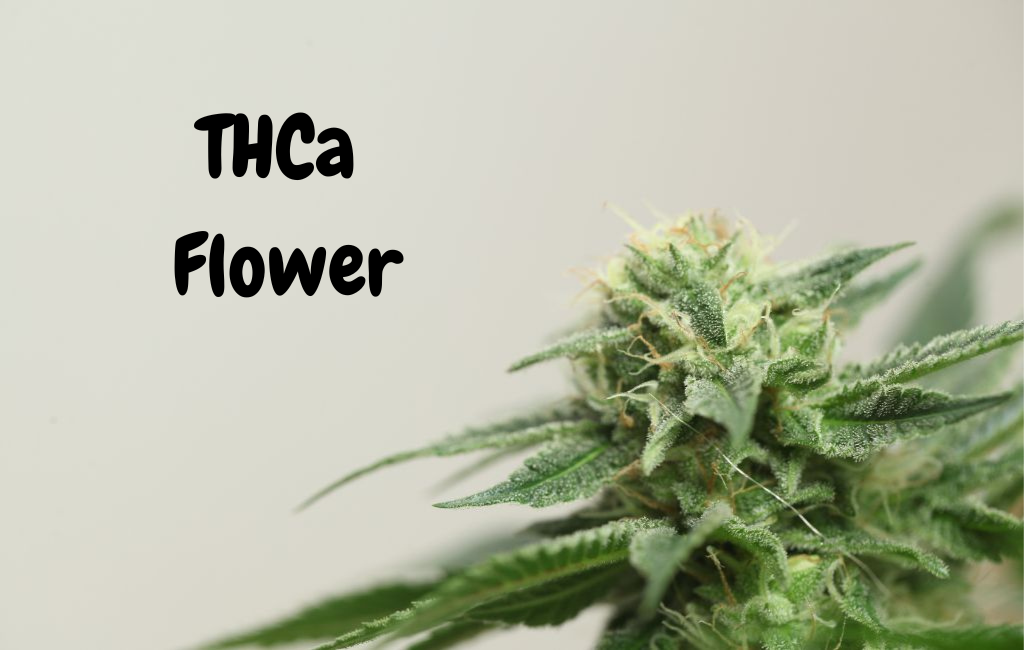THCa Flower: Natural Health Circles

THCa Flower: Natural Health Circles
In recent years, the natural health community has seen a growing interest in THCa flower. This compound, found in raw cannabis, is gaining attention for its potential health benefits and unique properties. Unlike its more famous counterpart, THC, THCa does not produce psychoactive effects, making it an appealing option for those seeking therapeutic benefits without the high.
Understanding THCa
THCa, or tetrahydrocannabinolic acid, is a non-psychoactive cannabinoid found in the raw cannabis plant. When cannabis is heated through smoking, vaping, or cooking, THCa converts to THC, the compound responsible for the plant’s psychoactive effects. In its raw form, THCa offers a range of potential health benefits without altering the user’s mental state.
Potential Health Benefits
Research into THCa is still in its early stages, but preliminary studies and anecdotal evidence suggest several potential health benefits:
- Anti-inflammatory properties: THCa may help reduce inflammation, making it a potential treatment for conditions like arthritis and inflammatory bowel disease.
- Neuroprotective effects: Some studies indicate that THCa may protect brain cells, which could be beneficial for neurodegenerative diseases such as Alzheimer’s and Parkinson’s.
- Anti-emetic properties: THCa has shown promise in reducing nausea and vomiting, which could be helpful for patients undergoing chemotherapy or those with chronic conditions like Crohn’s disease.
- Antioxidant properties: THCa may help combat oxidative stress, which is linked to various chronic diseases and aging.
Case Studies and Real-World Examples
Several case studies and real-world examples highlight the potential benefits of THCa flower:
Case Study: Arthritis Relief
Jane, a 55-year-old woman with rheumatoid arthritis, began using THCa flower to manage her symptoms. After incorporating THCa into her daily routine, she reported a significant reduction in joint pain and inflammation. Jane’s experience aligns with research suggesting that THCa’s anti-inflammatory properties can provide relief for arthritis sufferers.
Case Study: Neurodegenerative Disease
John, a 70-year-old man diagnosed with Parkinson’s disease, started using THCa flower to help manage his condition. Over time, he noticed improvements in his motor function and a reduction in tremors. While more research is needed, John’s experience suggests that THCa may offer neuroprotective benefits for individuals with neurodegenerative diseases.
How to Use THCa Flower
There are several ways to incorporate THCa flower into a wellness routine:
- Juicing: One of the most popular methods is juicing raw cannabis leaves and flowers. This preserves the THCa content and allows users to consume it in a natural, unaltered form.
- Raw consumption: Some individuals choose to eat raw cannabis leaves or flowers, either on their own or mixed into salads and smoothies.
- Tinctures and oils: THCa can be extracted and concentrated into tinctures or oils, which can be taken sublingually or added to food and beverages.
Legal Considerations
The legal status of THCa flower varies by region. In some areas, raw cannabis is legal for medical or recreational use, while in others, it remains prohibited. It’s important to research local laws and regulations before incorporating THCa flower into a wellness routine.
Future Research and Developments
As interest in THCa continues to grow, so does the need for further research. Scientists are exploring the compound’s potential benefits and mechanisms of action, which could lead to new therapeutic applications. Additionally, advancements in cannabis cultivation and extraction techniques may make THCa more accessible to consumers.
Conclusion
The rise of THCa flower in natural health circles reflects a broader trend towards exploring the therapeutic potential of cannabis compounds. While research is still in its early stages, preliminary findings and anecdotal evidence suggest that THCa may offer a range of health benefits without the psychoactive effects of THC. As more studies are conducted and legal barriers are addressed, THCa could become a valuable tool in the natural health toolkit.